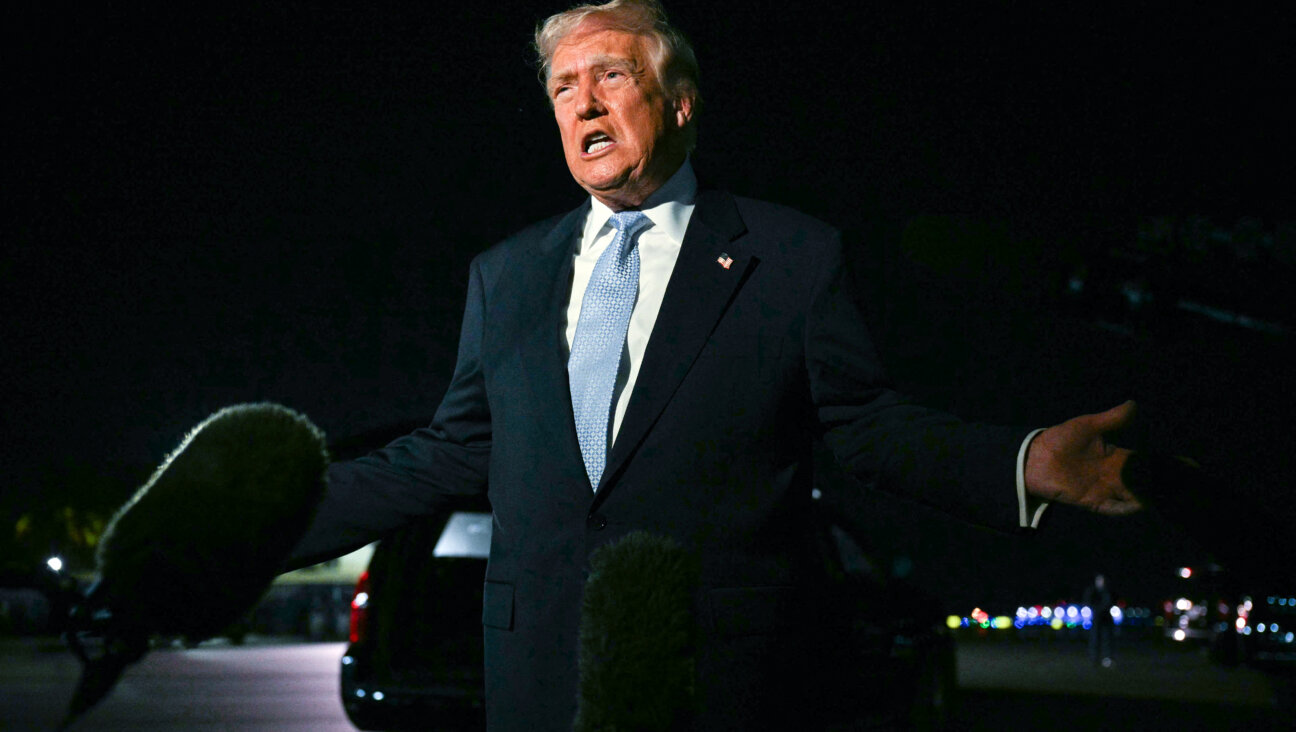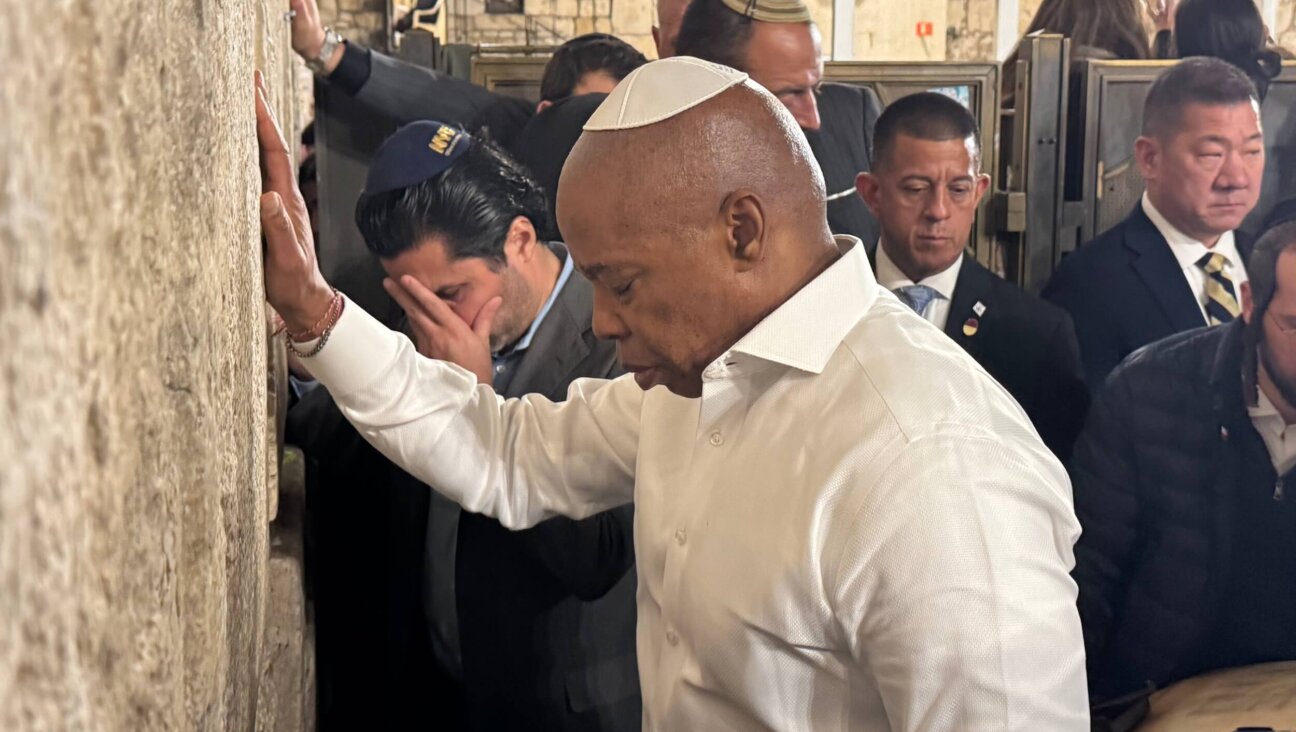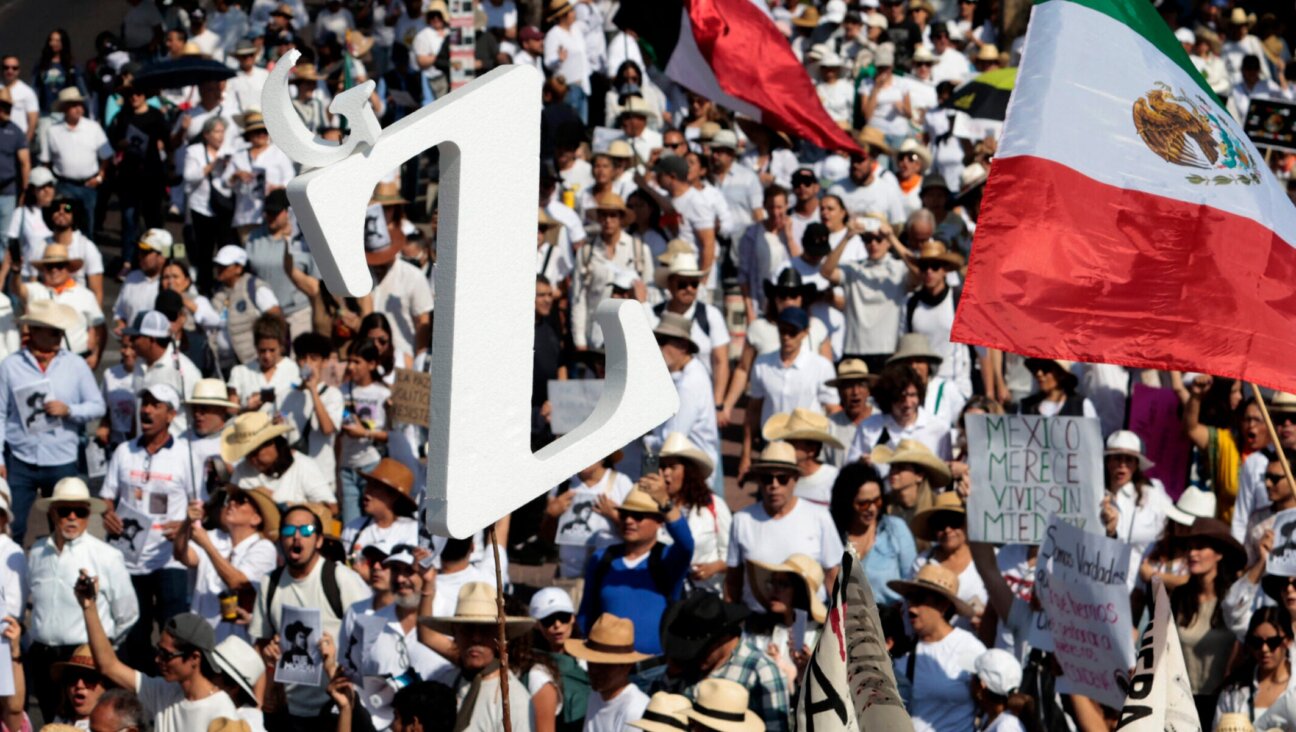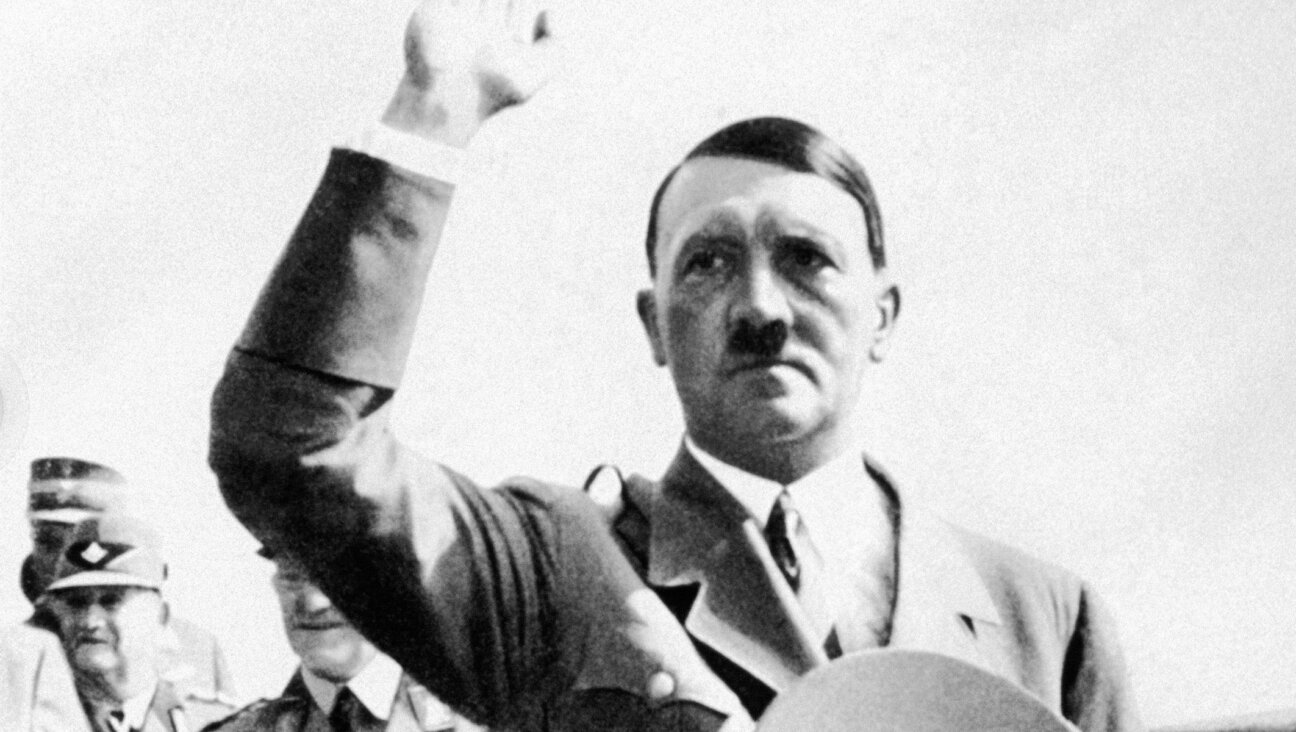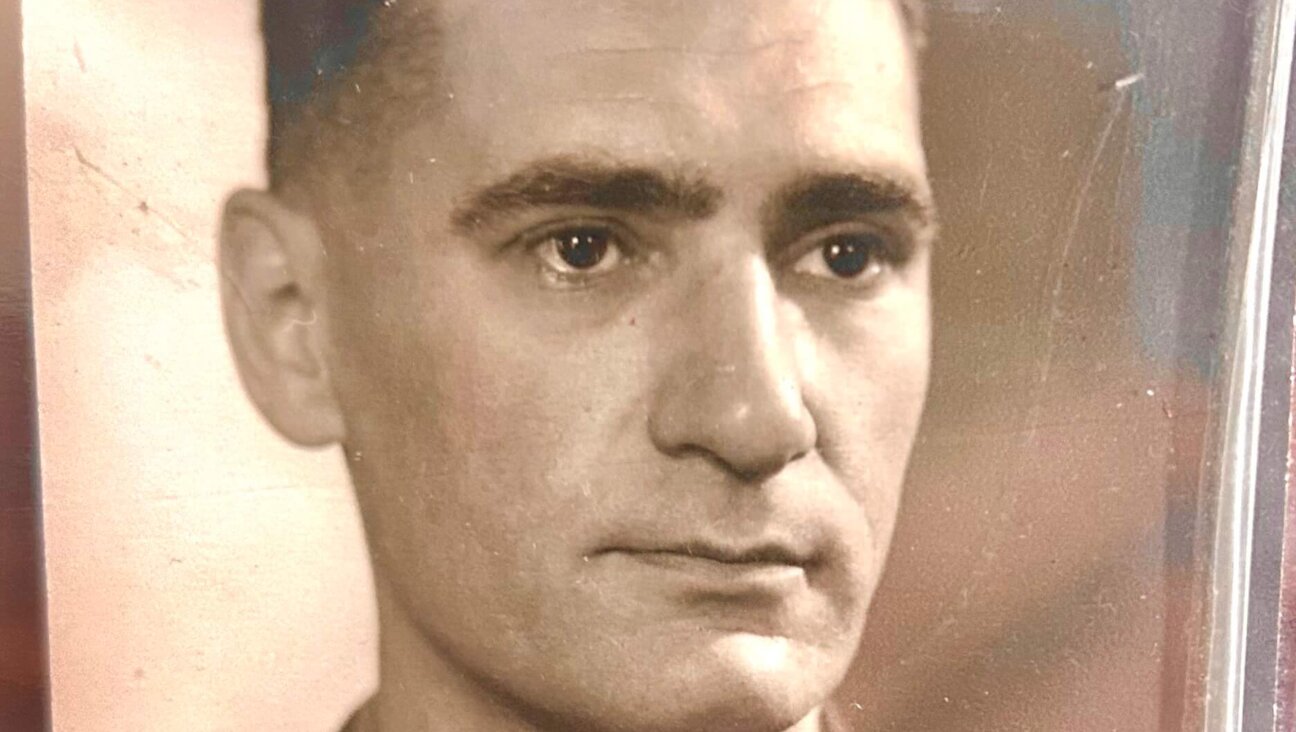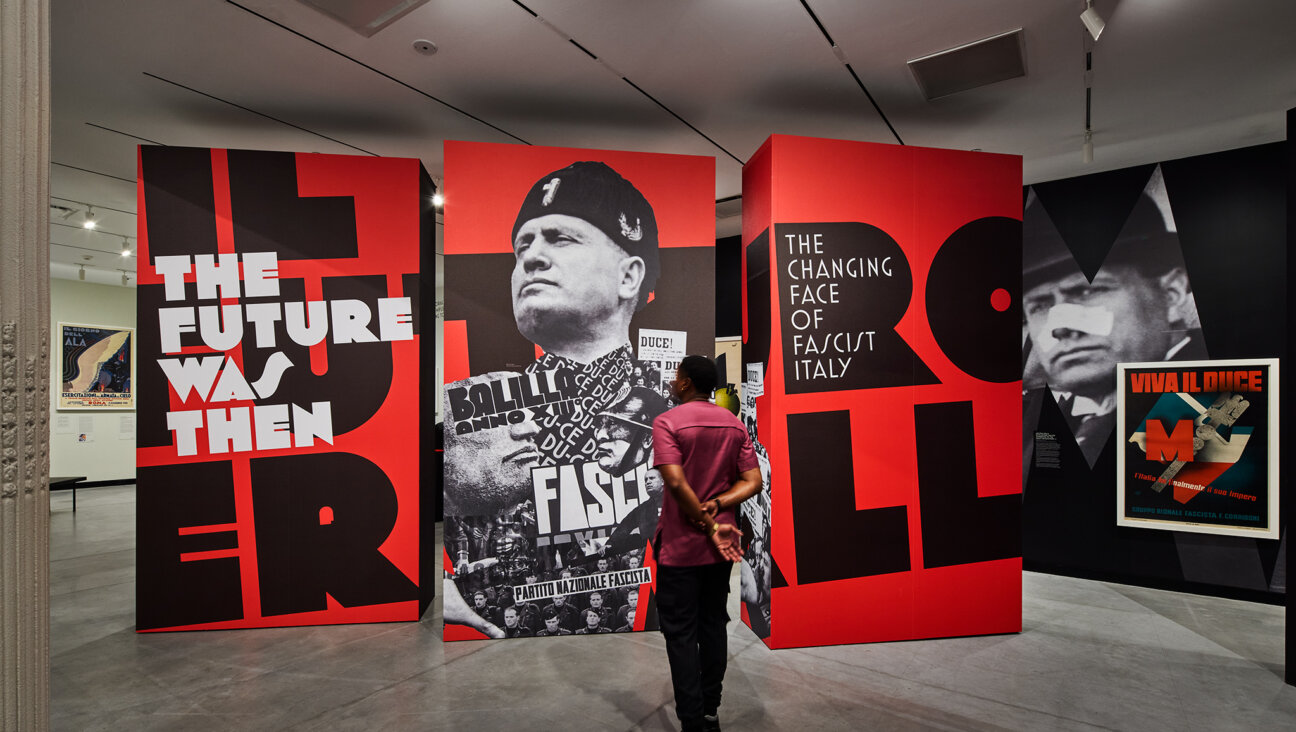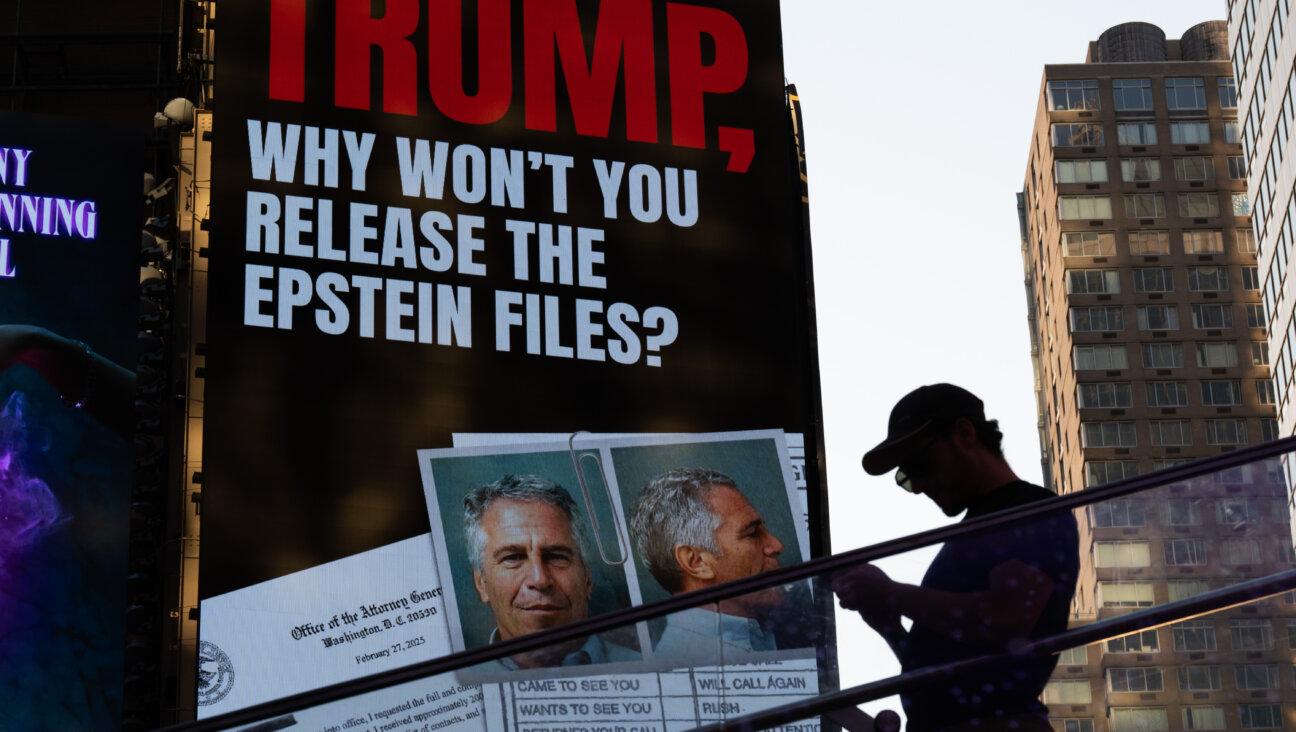Abbas Requests Trilateral Meeting Next Week
The Obama administration is attempting to win Israel’s agreement to a Palestinian effort to hold a trilateral meeting next week to set the terms of reference, agenda and timetable for direct negotiations with the Palestinians.
The Palestinians also want to discuss the future of Israel’s freeze on settlement construction, which is scheduled to expire on September 26.
If Israel agrees to the meeting, it will be the first significant direct talks with the Palestinian Authority since Benjamin Netanyahu became prime minister last year.
“The talks might start in mid-August,” Netanyahu told his Likud ministers on Sunday. “It’s not assured yet, and it will become clear in the next few days.”
It appears that Israel will be represented by Isaac Molho, Netanyahu’s envoy for the peace process, and the Palestinians by chief negotiator Saeb Erekat. U.S. Mideast envoy George Mitchell, who is arriving in the region next week, is expected to represent the United States.
President Shimon Peres and his Egyptian counterpart, Hosni Mubarak, who met in Cairo on Sunday, expressed support for direct talks.
“The time element is critical, and the parties must not miss the window of opportunity that is now being created,” Peres and Mubarak said in a statement.
The Palestinians want the trilateral meeting to give them a chance to show the Obama administration they are making progress on holding direct talks, but without renewing all negotiations and without a public, well-documented meeting of leaders.
Netanyahu is considering the suggestion, but currently prefers a direct meeting with PA President Mahmoud Abbas, since he is hoping that could help him achieve a renewal of the diplomatic process, which had been frozen over the past 18 months. The Obama administration has said that it would not oppose such a meeting ahead of the onset of direct talks if Israel and the Palestinians agreed to it.
Abbas told former MK Dalia Rabin-Pelossof, the daughter of slain prime minister Yitzhak Rabin, during a meeting in Ramallah Sunday that the Arab League has expressed its support for direct talks. Abbas said he is demanding that Netanyahu accept the principle that negotiations over the establishment of a Palestinian state will be based on the 1967 borders, with exchange of territory, and that he wants the talks to focus on borders and security.
“I want to go to direct negotiations, but I don’t want surprises,” Abbas was quoted as telling Rabin-Pelossof.
Abbas has said he will not concede on his conditions for beginning direct talks.
At his meeting with Arab League foreign ministers in Cairo on Thursday, Abbas said he has received hints from the Obama administration indicating that Netanyahu has agreed to conduct negotiations on the basis of the 1967 lines.
Netanyahu is ready to set a timetable for completion of negotiations, and thinks it will be possible to do so within a year. He is prepared to debate any of the core issues of the final-status agreement – Jerusalem, borders, refugees, settlements, security and water. Netanyahu also wants most of the talks to take place between him and Abbas. He is prepared to include Mitchell in direct talks with the Palestinians to resolve difficulties that arise, but he doesn’t want to include Mitchell in every meeting.
Netanyahu wants the agreement to be implemented over several years and carried out gradually. Its primary purpose is for Israeli troops to withdraw from the West Bank. Netanyahu is interested in setting up a small negotiation team that will include high-level, experienced officials in the meetings with the Palestinians. Such a method runs counter to that undertaken in prime minister Ehud Olmert’s time, when there were more than 10 negotiation teams.

